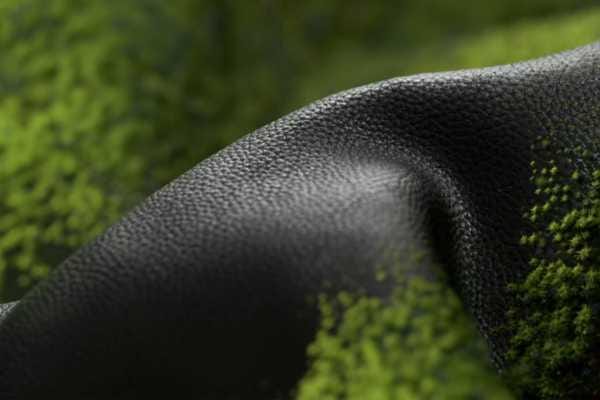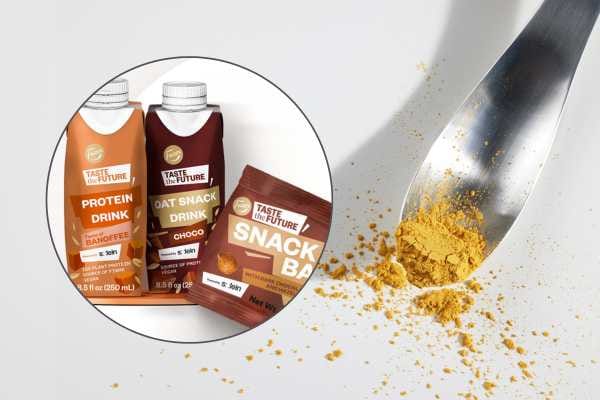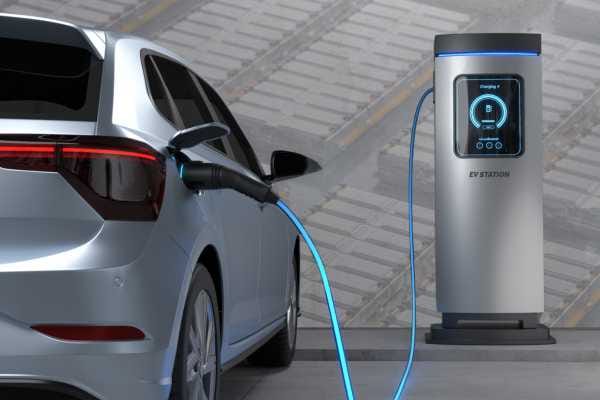Sky-high trial for a greener aviation fuel
A more sustainable fuel blend based on plant sugars and waste fat powers the first flight from London to New York.

In a step towards greening the travel industry, Virgin Atlantic has fully powered a long-haul test flight with a more sustainable form of aviation fuel.
The British airline last month completed the maiden flight using a blend of fat and sugar-based biofuel as it pursues a roadmap to meet its net-zero carbon reduction goals by 2050.
Showcasing the feasibility of flying on 100% sustainable aviation fuel (SAF) over long distances, the Virgin Atlantic Boeing 787 'Flight100' flew from London Heathrow to New York JFK Airport late last month.
Commercial aircraft emissions are expected to triple by 2050 based on projected growth in passenger air travel and freight, yet the industry remains one of the most challenging sectors to decarbonise.
SAF is made from organic materials such as plants and waste food products such as used cooking oil, and this is blended with synthetic kerosene. However, its potential as a decarbonisation solution is restricted by the small number of SAF production facilities in operation.
Critics of SAF warn it cannot be relied on as a sole means of decarbonising the sector, especially if demand for airline travel increases in line with projections.
Other obstacles include the shortage of renewable energy and landmass necessary to produce the feedstock for making the fuel and in addition, the current airline regulatory standards only allow for a 50% SAF blend in commercial jet engines.
"There’s simply not enough SAF and it’s clear that in order to reach production at scale, we need to see significantly more investment."
While Virgin Atlantic predicts other low-carbon commercial flight technologies such as electric power and green hydrogen could be years in development, the airline says its test flight demonstrates that SAF can be used today as a "safe drop-in replacement" to power existing aircraft.
It estimates that SAF has the capacity to deliver CO2 lifecycle emissions savings of up to 70% while still performing like traditional jet fuel. To this end, it has called on UK industry and government to support a target of 10% SAF in aviation by 2030.
“There’s simply not enough SAF and it’s clear that in order to reach production at scale, we need to see significantly more investment," Shai Weiss, Virgin Atlantic's chief executive officer says.
"This will only happen when regulatory certainty and price support mechanisms, backed by Government, are in place. Flight100 proves that if you make it, we’ll fly it.”
By running one of the world’s youngest fleets, Virgin Atlantic says it has reduced its absolute carbon emissions by 35% over the last decade, with a commitment to achieving net zero by 2050.
To run the test flight the company worked with a consortium that included Boeing, Rolls-Royce, Imperial College London, University of Sheffield, ICF and Rocky Mountain Institute.
The Boeing 787 Flight100 flew from London Heathrow to New York JFK Airport using 100% sustainable aviation fuel (SAF). Unlike fossil fuels, SAF is a form of biofuel that is produced using feedstock made from renewable, biological materials such as cooking and plant oils and agricultural byproducts. According to Virgin Atlantic the SAF used on Flight100 was a blend that comprised 88% Hydroprocessed Esters and Fatty Acids (HEFA) and 12% Synthetic Aromatic Kerosene (SAK). The HEFA was made from waste fats while the SAK was made from plant sugars. Virgin Atlantic says that SAK is needed in 100% sustainable aviation fuel (SAF) blends to provide the "required aromatics" for engine function.





